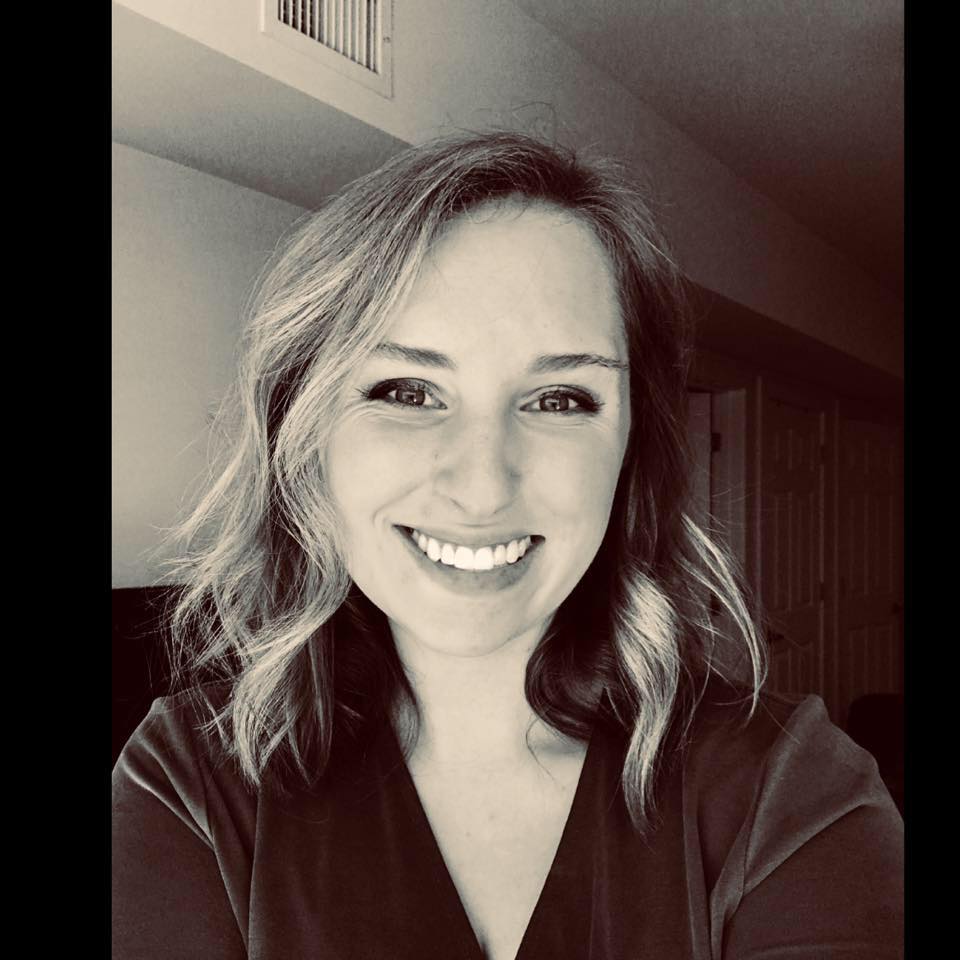 |
Emily Ethridge Year Graduated: 2025 |
|
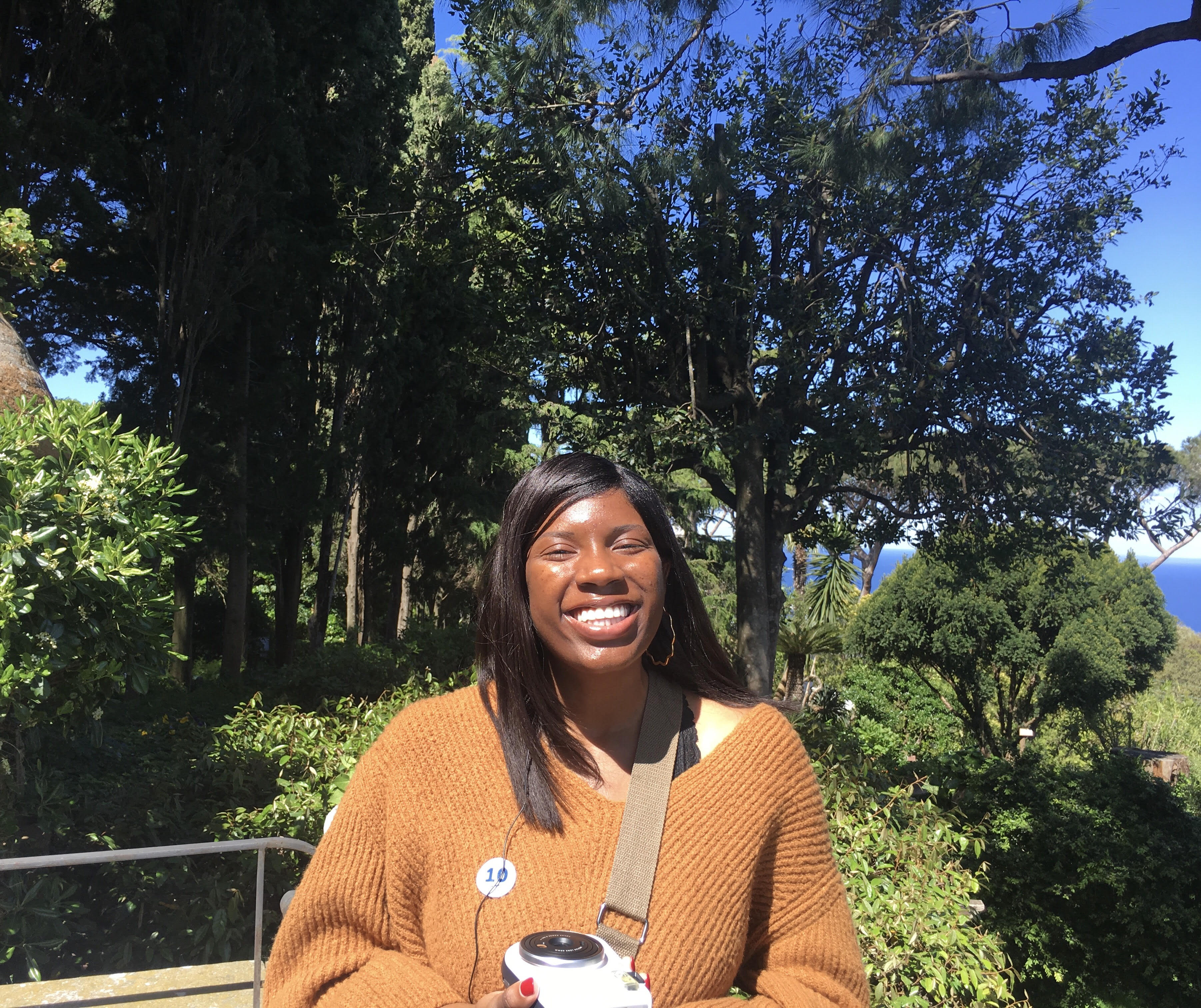 |
Courtney Michael Year Graduated: 2025 |
|
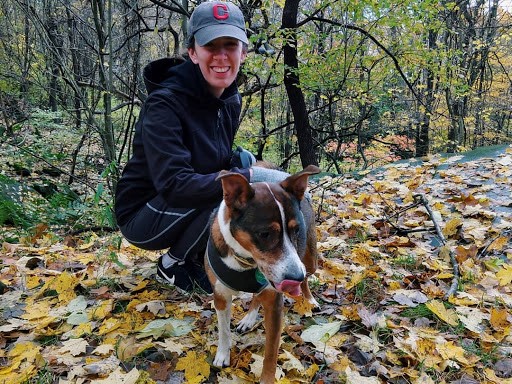 |
Sara McCormick Year Graduated: 2025 |
|
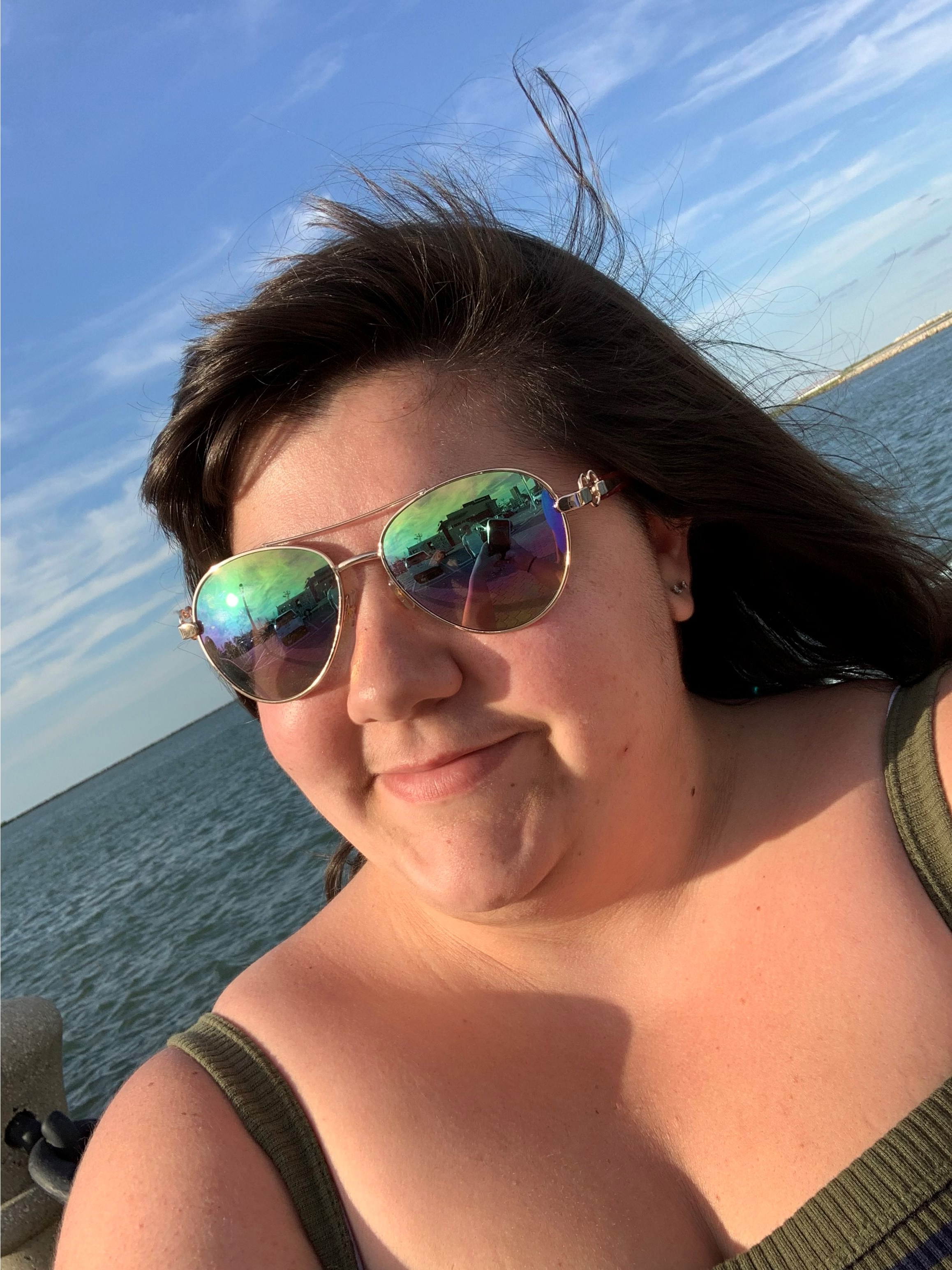 |
Kristyn Oravec Year Graduated: 2025 |
|
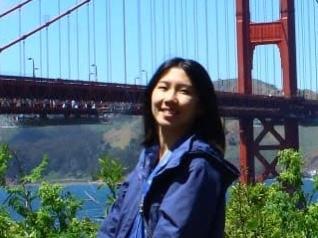 |
Ning Tang Year Graduated: 2025 |
|
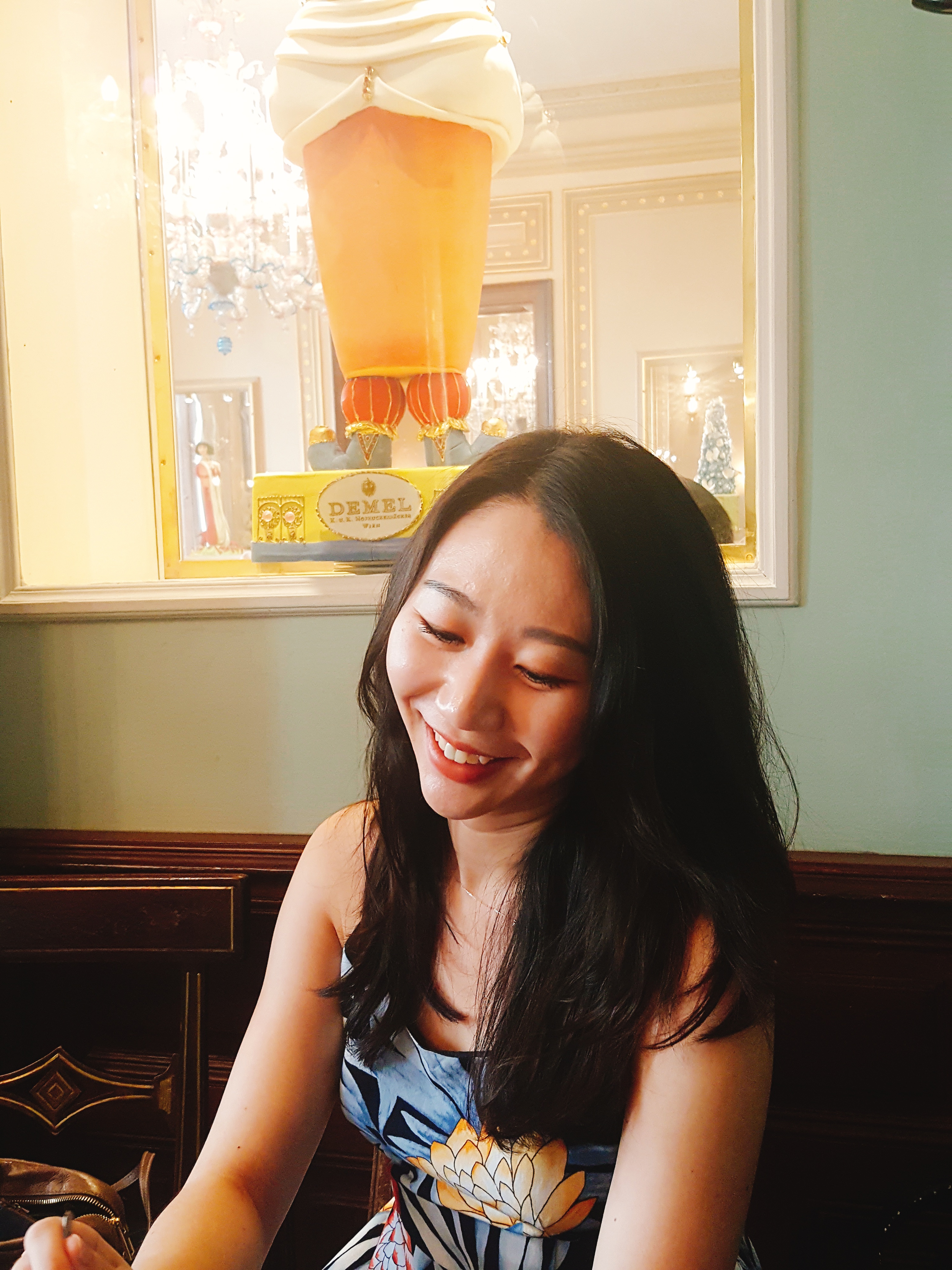 |
Migyeong Jang Year Graduated: 2025 |
|
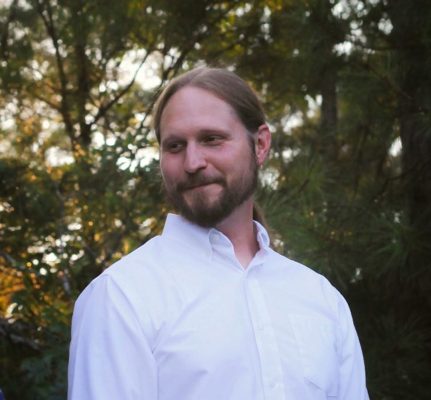 |
Nathan Bitecofer Year Graduated: 2024 |
|
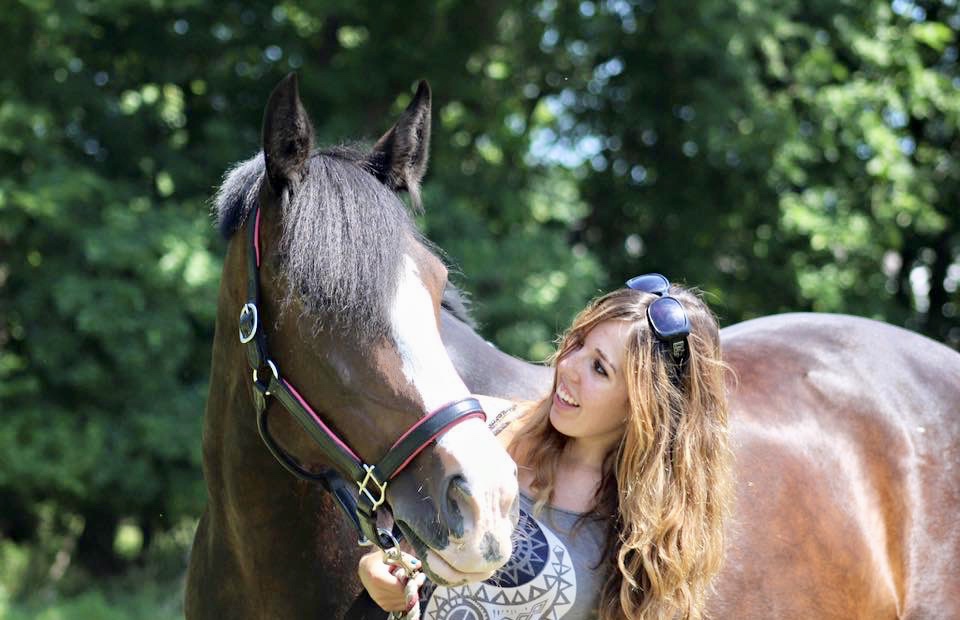 |
Erica Temes Year Graduated: 2024 Job Title & Description: I am currently a post-doctoral fellow at Eating and Behavioral Health Associates. I specialize in eating disorder care and trauma care, as well as the comorbidities associated with these concerns. Advice for incoming and/or current students: Throughout graduate school, I was told to trust the process, which was both encouraging and slightly intimidating. I think the correct phrasing should be, trust the process, ask a lot of questions, create a safe community for yourself, become your own advocate, advocate for others, and put one foot in front of the other when things seem impossible. |
|
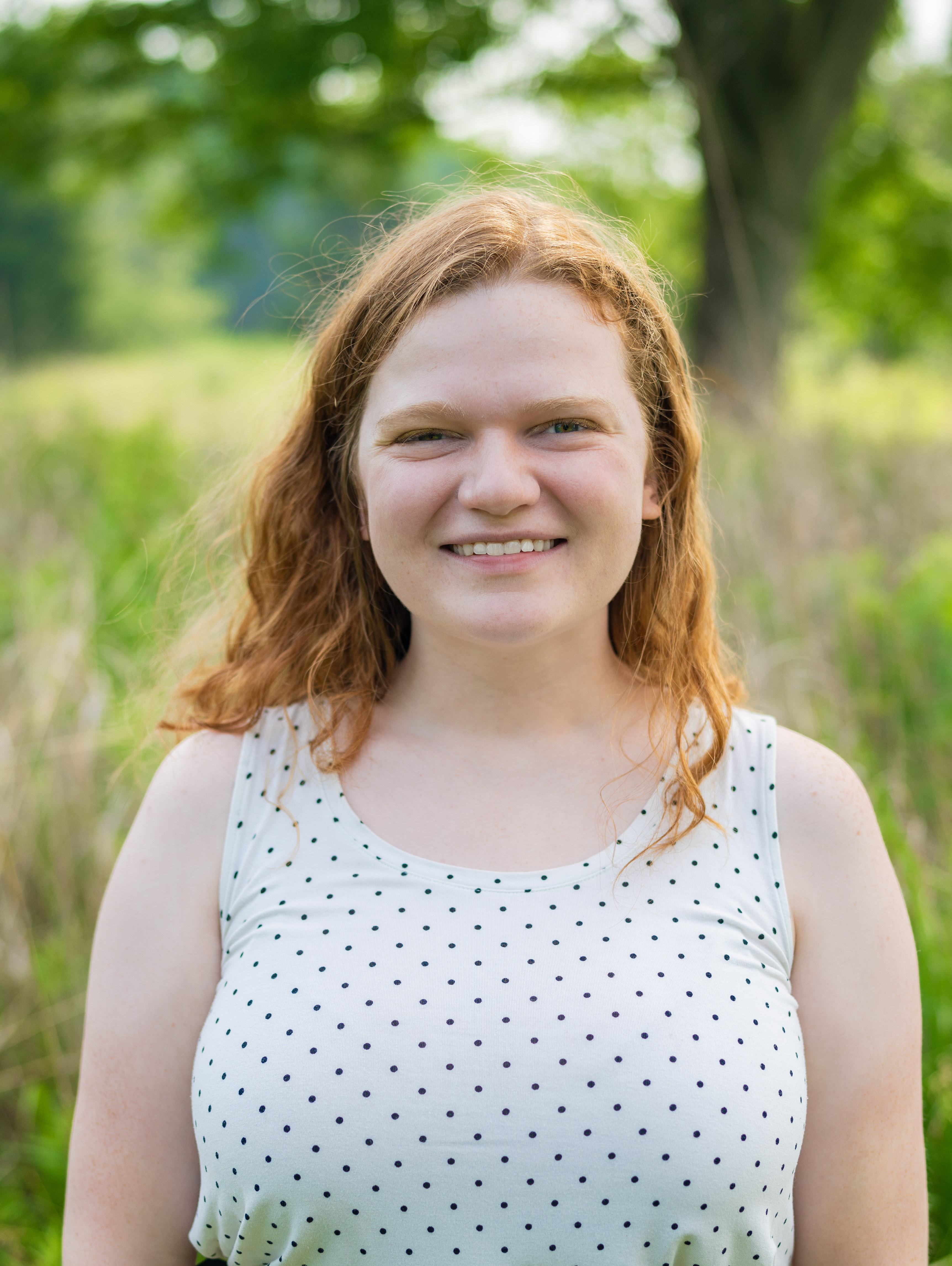 |
Alyssa Eversmeyer Year graduated: 2024 Job title & Description: Postdoctoral Fellow at WVU Medicine: Behavioral Medicine and Psychiatry in Martinsburg, WV. I do individual therapy and assessments with all ages in both a traditional outpatient specialty clinic and a rural primary care clinic with integrated behavioral health. I am learning to conduct health psychology assessments (e.g., evaluations for bariatric surgery or gender-affirming care) and interventions (e.g., support group for families coping with cancer; individual therapy for adjustment to diabetes). What I took from Akron: Essential knowledge and awareness about cultural diversity and systems of oppression that have shaped me both personally and professionally. And a strong sense of community and belonging in this field. Advice for incoming and/or current students: Remember you're here for a reason - this program and the future community you work in are lucky and excited to have you! |
|
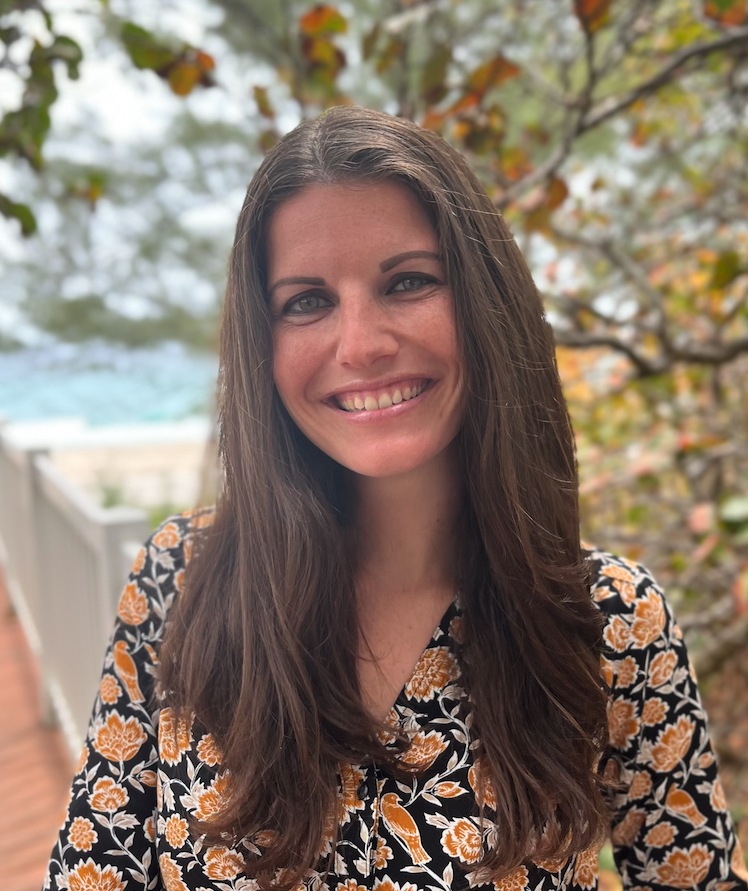 |
Ginelle Wolfe |
|
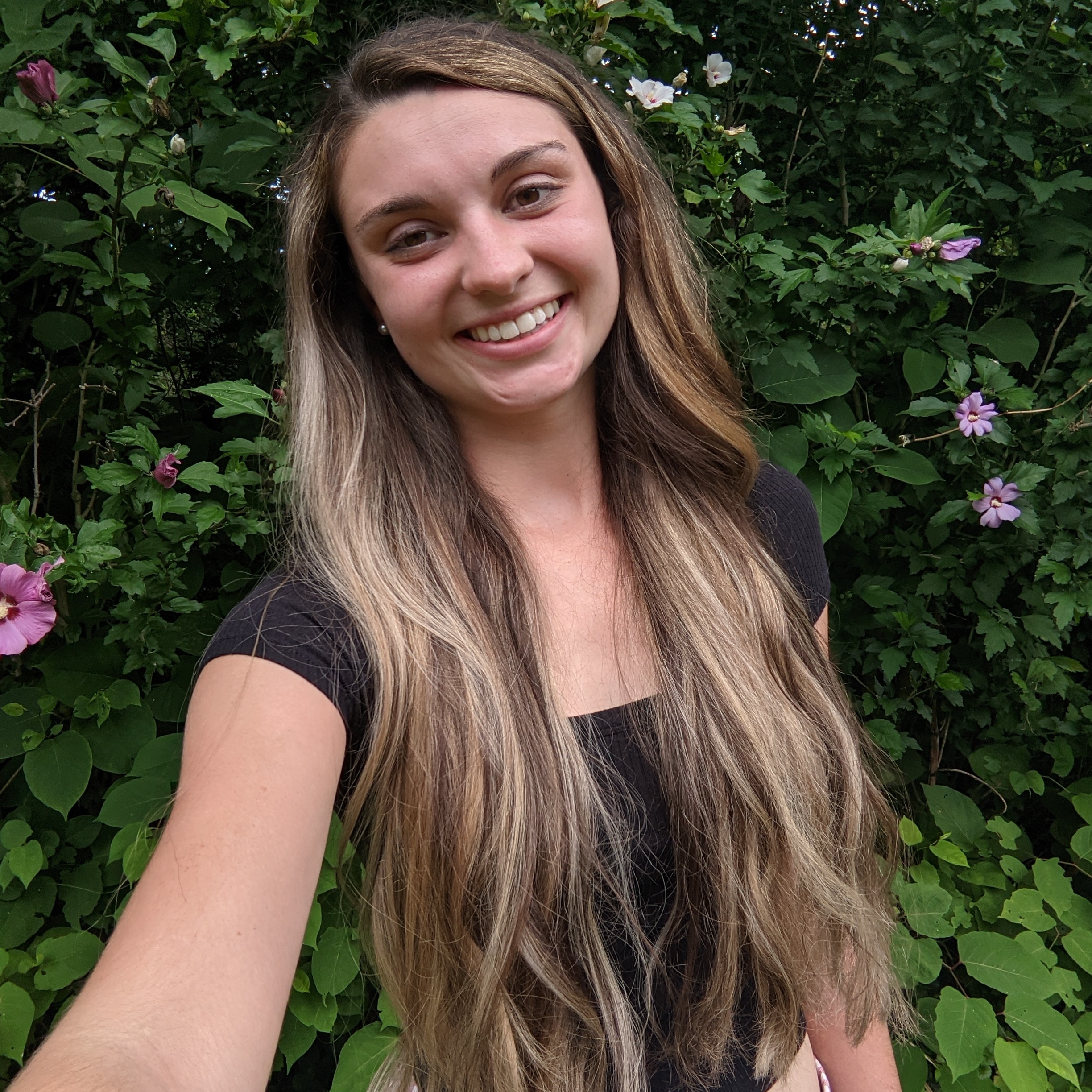 |
Marisa Norton |
|
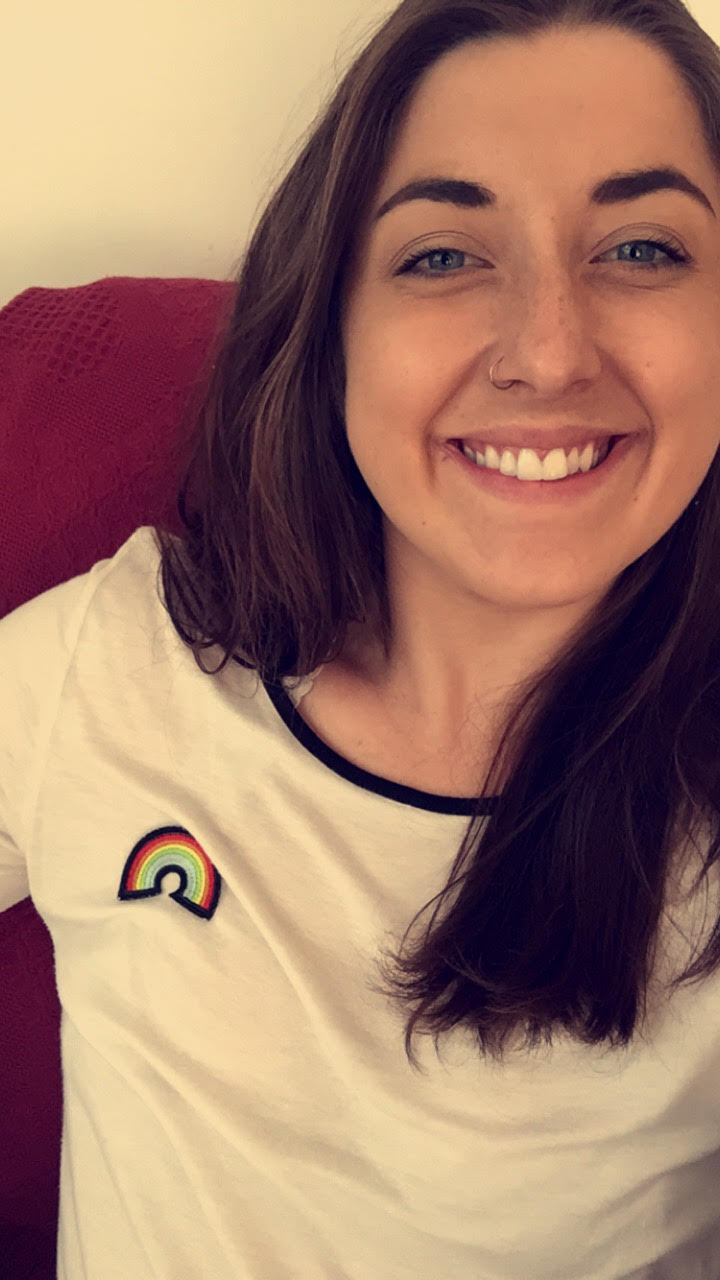 |
Nicole Fogwell Year Graduated: 2023 |
|
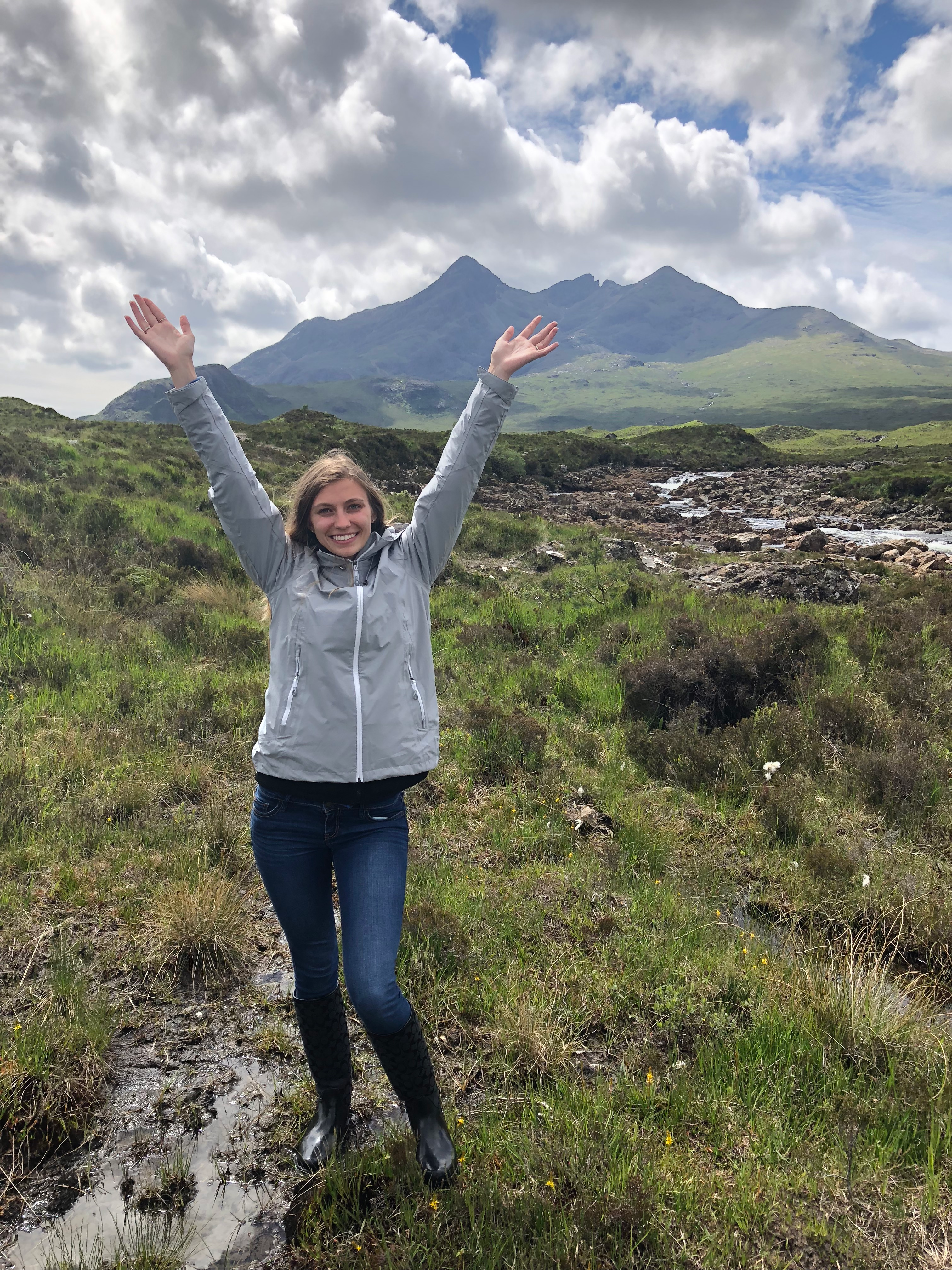 |
Jessica Terrizzi Year Graduated: 2023 |
|
|
Devynn Campbell-Halfaker Year Graduated: 2022 |
|
|
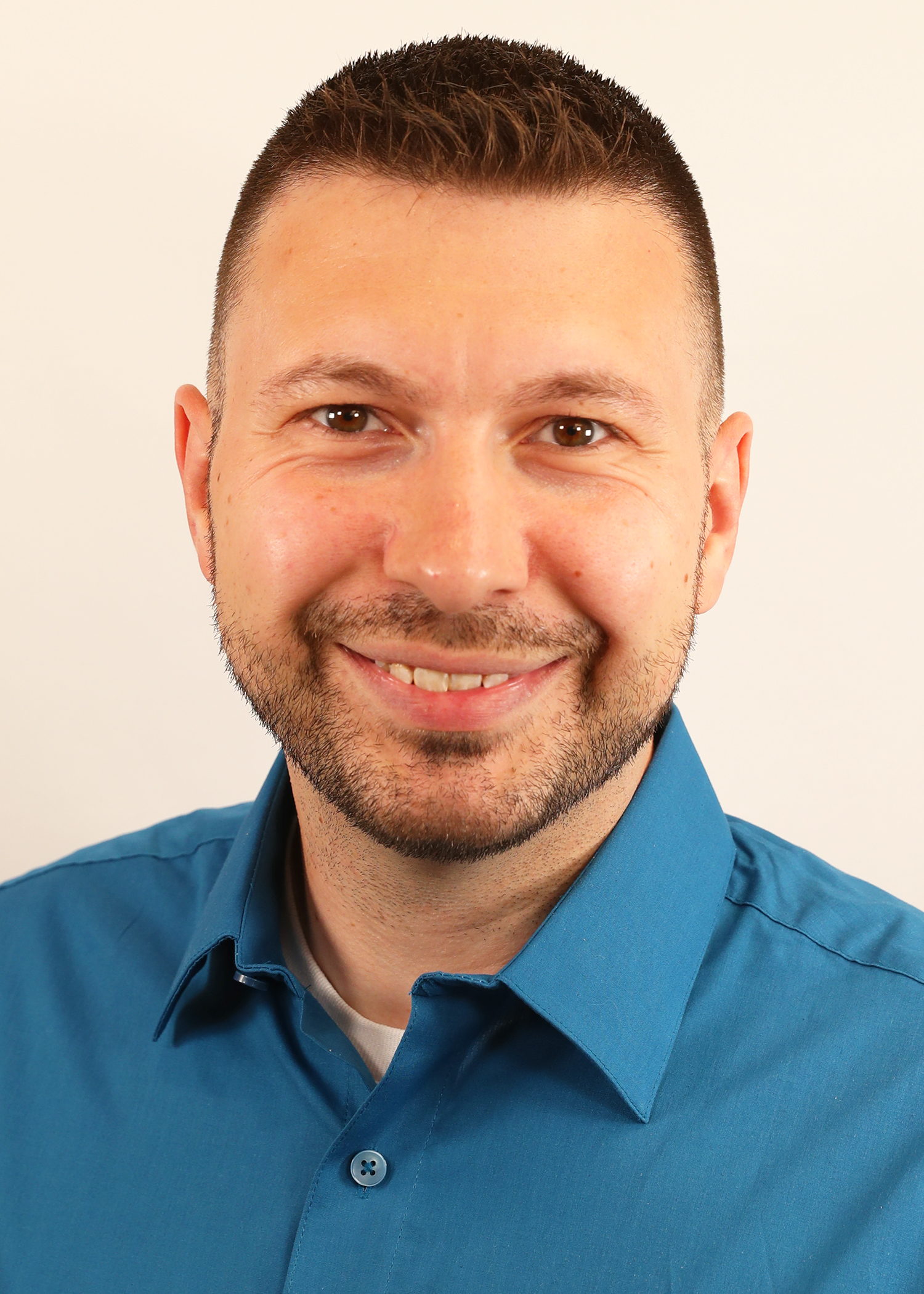 |
Derek McKay Year Graduated: 2017 Job Title & Description: Assistant Professor of Psychology at Mercyhurst University. I am also a board-certified neuropsychologist and own a private practice (Flagship Neuropsychology). Took From Akron: Don't be afraid to step out of your comfort zone. Opportunities will present themselves the more you do it. Advice for incoming and/or current students: Make it a priority to form connections with faculty, staff, and other students. Social currency is invaluable once you graduate. Also, don't be afraid to pursue your interests. I would not be a neuropsychologist had I not. |
|
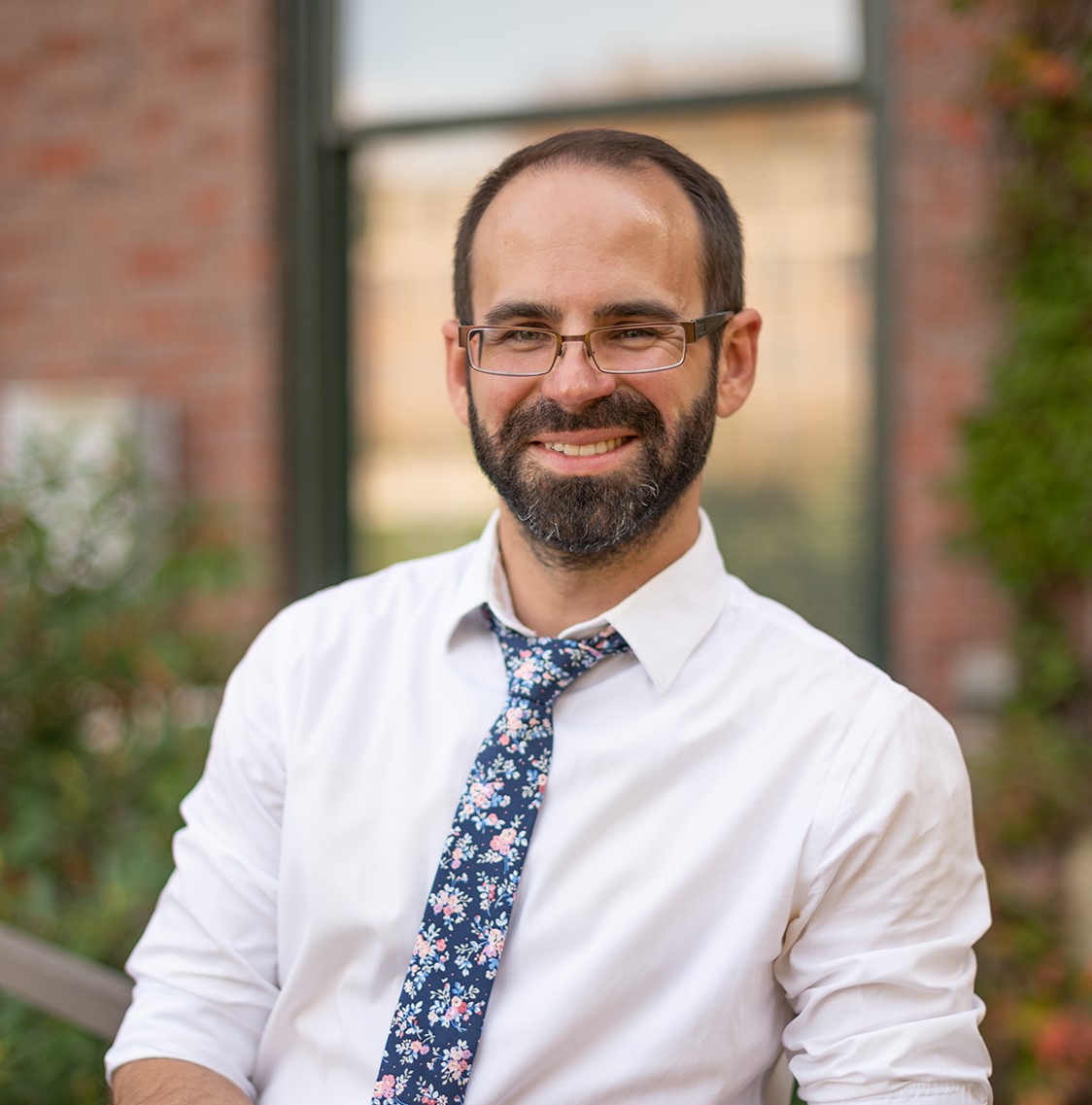 |
Erin McCurdy Year Graduated: 2020 Job Title & Description: Visiting Assistant Professor at Smith College | I teach a range of courses including Ethics in Counseling, Psychology of Disinformation, and Psychology of Career Development. I also run Smith's Gender Research Lab, which is currently focused on examining why men engage in mansplaining behaviors. Taken from UA: Take every opportunity you can. Teaching? Research? Supervision? Something unexpected like advising or career services? Do it all if you've got the bandwidth (but maybe not all at the same time). Every opportunity I took advantage of has helped my career in some way. Advice for incoming and/or current students: Go into this program with an open mind. Every time you think you have an idea about how something is or think you're re-learning a topic you already know, approach it from the angle of "but what if I'm wrong, and this new approach is right?" You won't always be wrong, but if you remain open and consider alternative views then you'll come out of the program a better counselor and a better human. |
|
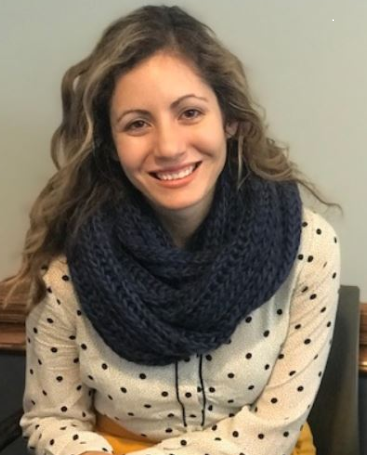 |
Nuha Alshabani Year Graduated: 2022 Something interesting about you: I love traveling and hiking, my most recent trip was to Peru where I hiked Machu Pichu. Research interests: refugee and immigrant populations, Arab Americans, trauma, oppression, resiliency, community participatory research, and culturally specific interventions. |
|
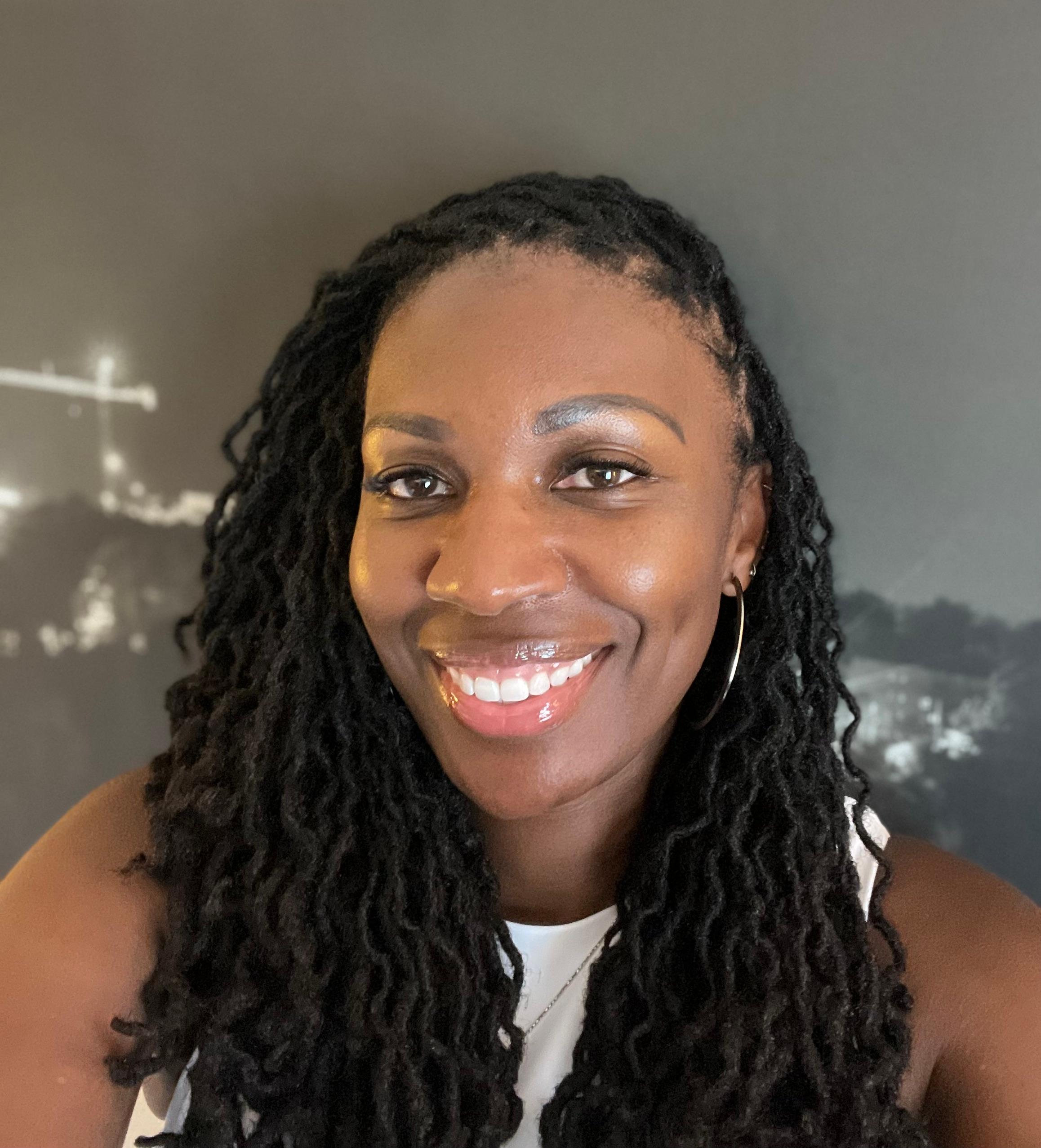 |
Brittany M. Griffin, Ph.D. Year Graduated: 2021 Job Title & Description: Assistant Professor of Psychology at the illustrious Florida A&M University. I have the honor of working at my alma mater where I aid in the liberation of Afrikan/Black people by exposing students to Afrikan-centered theories, philosophies, and belief systems that deconstruct and challenge the status quo, leading to an increase in the number of conscious Black social scientists, researchers, and practitioners. Additionally, I passed the Examination for Professional Practice in Psychology (EPPP) in August of 2022 and am currently working to obtain the remaining required postdoctoral hours needed for licensure in the state of Florida. Taken from UA: Everyone politics differently. Advice: For incoming and/or current Black students: remember why you’ve chosen to embark upon this journey and all those who came before you who made your journey possible, choose your battles wisely, and lean heavily on your village during your program matriculation. For all students: try to be open to, and learn from, all the experiences you’ll have in the program, especially, the uncomfortable ones. |
|
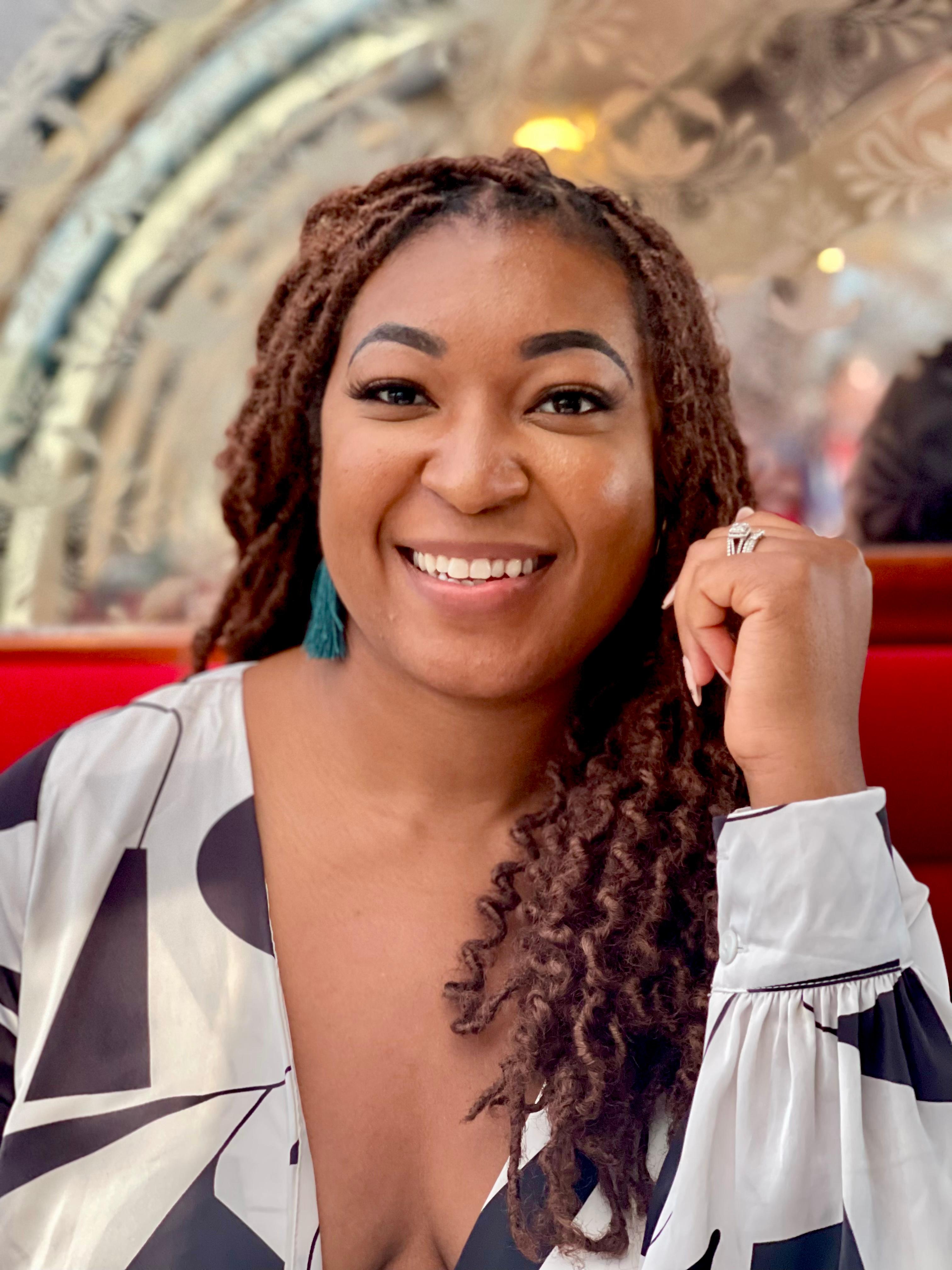 |
April Gaines Year Graduated: 2020 Job Title & Description: Army Clinical and Aeromedical psychologist. I currently serve as the Behavioral Health Consultant to the 3rd Recruiting Brigade. I'm in my first position post residency (postdoc), which I completed at Brooke Army Medical Center in San Antonio, TX. My job mostly consists of consulting commanders on high risk soldiers, executive coaching/performance enhancing for command leadership, and consultation around the overall mental wellness of the brigade. Taken from UA: Showing up as myself, and my whole self at that, is often the best version of me as a psychologist and consultant. UA taught me to become comfortable with the uncomfortable, so I bring that in the spaces I occupy. The program's culture of social justice and equity carries a lot of weight in how I present professionally. I'm also a sound clinician because of UA and the curriculum, faculty, and peers. Advice for incoming and/or current students: Although cliché, trust the process. The more removed you become from the program the more you realize the prestige, vigor, and quality of our training, and the more you understand that statement. You will encounter many peers not as prepared as you in understanding a multitude of clinical, cultural, and professional concepts and their applications. The program outpaces many others in its DEI efforts well before it was a topic of discussion across the country. So trust your current process--whatever that is. It is worth it in the end. |
|
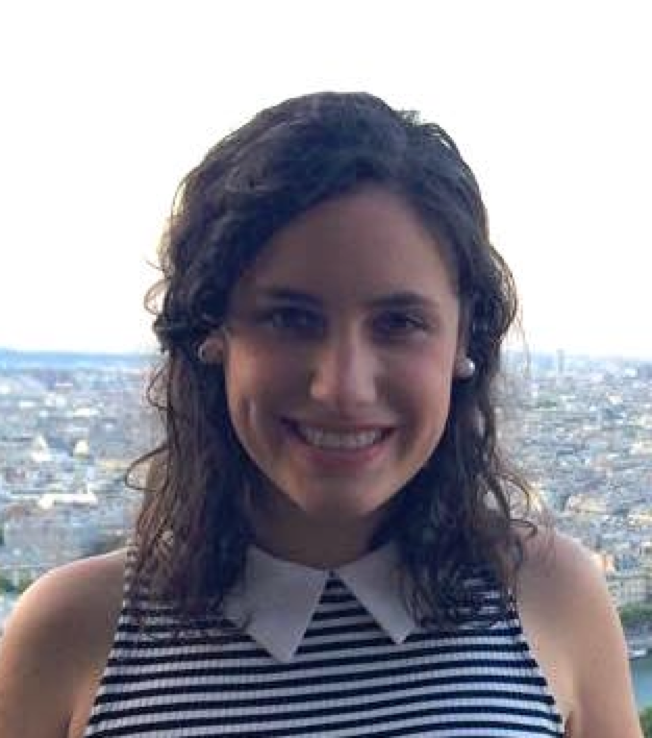 |
Caitlin Martin-Wagar, Ph.D. Pronouns: she/her Year Graduated: 2020 Job Title & Description: I am a tenure-track assistant professor of clinical psychology at the University of Montana in gorgeous Missoula, MT. My research focuses on eating disorders, weight stigma, and strength-based interventions (https://www.umt.edu/laboratory-eating-disorders-equity/default.php). I am also a licensed psychologist with a small private practice providing therapy to pre-adolescents, adolescents, and adults. Taken from UA: UA Counseling Psychology has exceptional multicultural and social justice training. Being with folks from other programs on internship, postdoc, and elsewhere has highlighted how strong our training is in these areas. UA helped me integrate my social justice values into all parts of my professional identity. Advice for incoming and/or current students: Think about your future career and life goals--ensure you are spending your time well to achieve those goals. Reassess often! |
|
|
Shu Ling Year Graduated: 2020 Job Title & Description: I am an oncology psychologist for the oncology/hematology department at Akron General. I provide brief and targeted interventions for cancer/hematology patients. I also own a small boutique cash only private practice. I mostly see adults from Asian or immigrant background. Taken from Akron: I have taken away a lot from my time at the University of Akron. I can say enough good things about it. If I have to pick one thing, I would say it helped me shape my confidence. Advice for incoming and/or current students: Enjoy your time here! The faculty have a lot to offer in terms of educational experiences and resources. You can really make it what you want it to be.
|
|
|
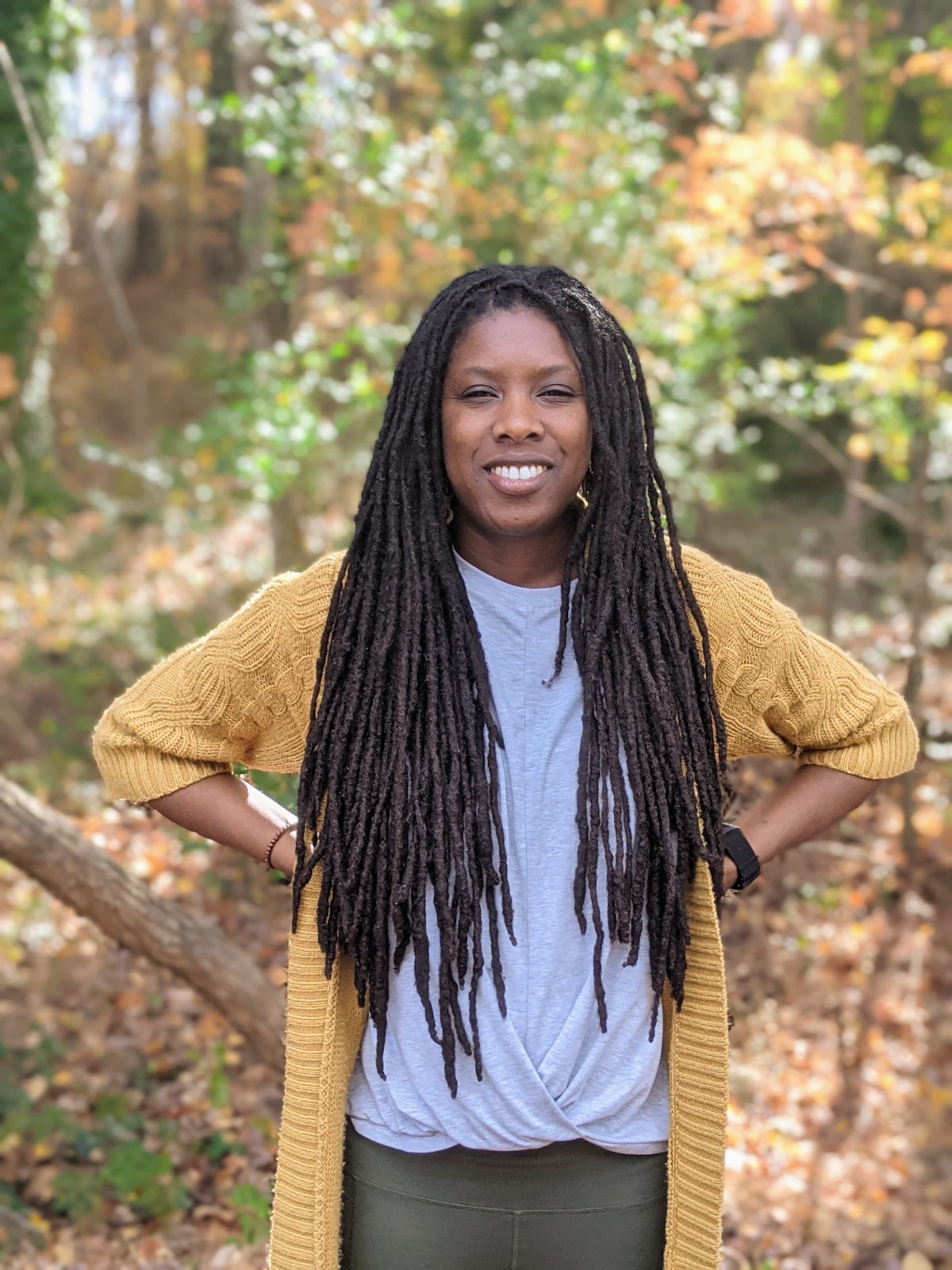 |
Laura Turner-Essel Year Graduated: 2013 Job Title & Description: Program Manager at Stanford University School of Medicine (Department of Psychiatry & Behavioral Sciences). I manage a program called Clinical Neuroscience Immersion Experience that helps expose teens to important topics in neuroscience, psychiatry, and psychology. I also conduct qualitative research on the intersections of mental health and community. I am also an adjunct faculty member at Saybrook Graduate Institute where I teach Ecological Psychology in the School of Transformative Social Change. Taken from UA: An ability to collaborate across departments and approach every research interest with an interdisciplinary lens Advice for incoming and/or current students: Build genuine connection with those alongside you in the program (and a little ahead of you, and coming behind you). These relationships will help you survive this season of your journey and provide bonds that last far beyond it! |
|
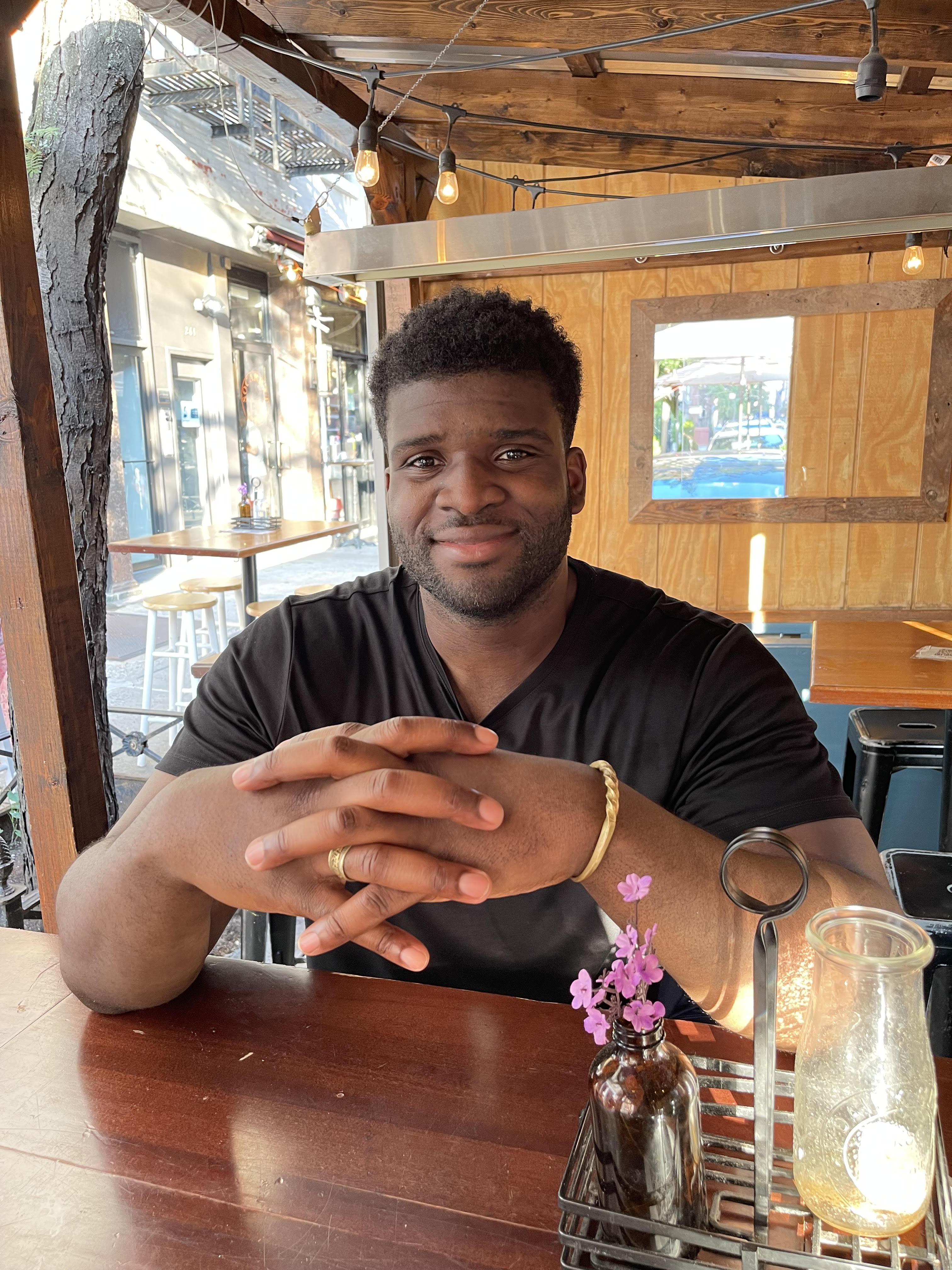 |
William Osei, Ph.D. Year Graduated: 2020 Job Title & Description: Right now I'm finishing up my post-doctoral fellowship and will be starting as a staff psychologist at a private practice in NYC. In addition, I'm CEO and founder of a Startup called Spectrom. We provide mental health resources and support to historically marginalized people in various organizations. Taken from UA: I came to the program because of its focus and emphasis on multicultural psychology and diversity. However, the events of the last two years have really brought to life how much that knowledge isn't just useful for therapy but is beginning to be necessary on a bigger macro level with organizations of all sides looking for people with a deep knowledge of these topics.
|
|
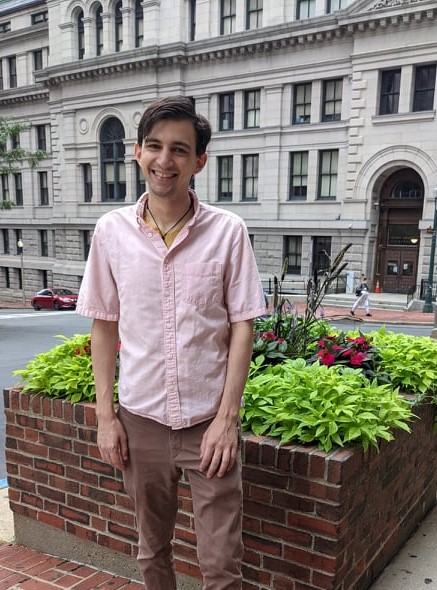 |
Stefan Jadaszewski, Ph.D. Year Graduated: 2020 Job Title & Description: Staff Clinician at Tufts University Counseling & Mental Health Services. I am new to this role as of August 2021 and will be providing individual therapy and crisis intervention services to the campus community, as well as supporting liaison roles within the Division of Student Diversity & Inclusion. Taken from UA: A takeaway from my time at UA Counseling Psychology Program has been finding my unique voice as a therapist.
|
|
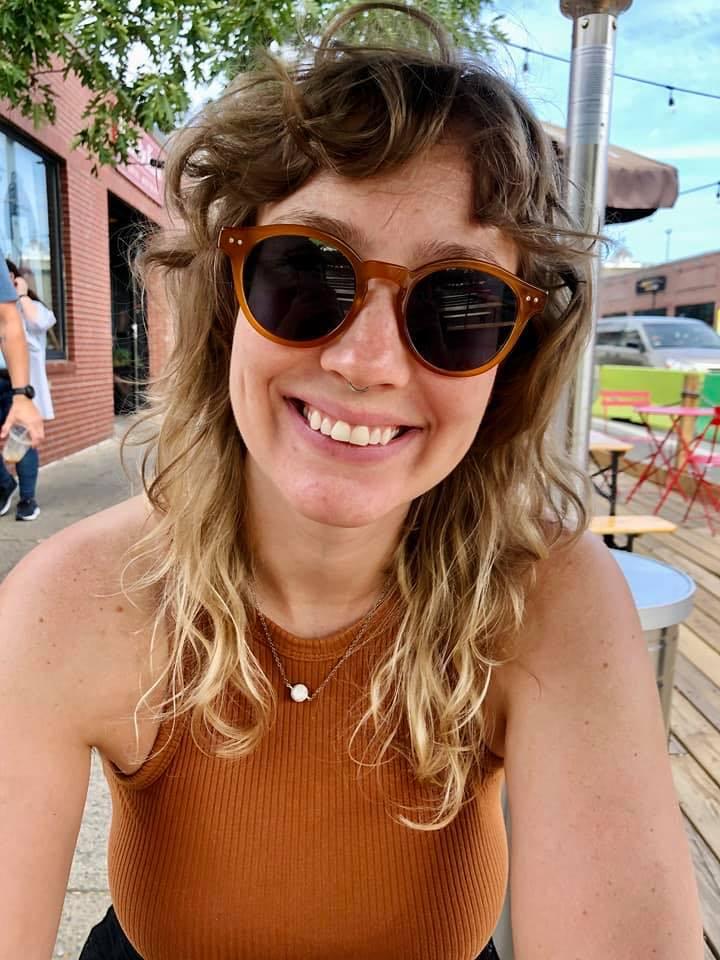 |
Nicole L. Johnson, Ph.D. Year graduated: 2015 Job Title & Description: Associate Professor of Counseling Psychology at Lehigh University where I coordinate the Resistance Lab (https://wordpress.lehigh.edu/theresistance/). The Resistance Lab was founded on the idea that we can end gender-based violence through feminist consciousness raising, high quality research, empirically supported and culturally sensitive programming, and system-level change. Taken from UA: I have taken so much from my time at the University of Akron, most notably I learned the importance of cultural humility and intersectionality in all areas of my life personally and professionally (e.g., research, practice, teaching).
|
|
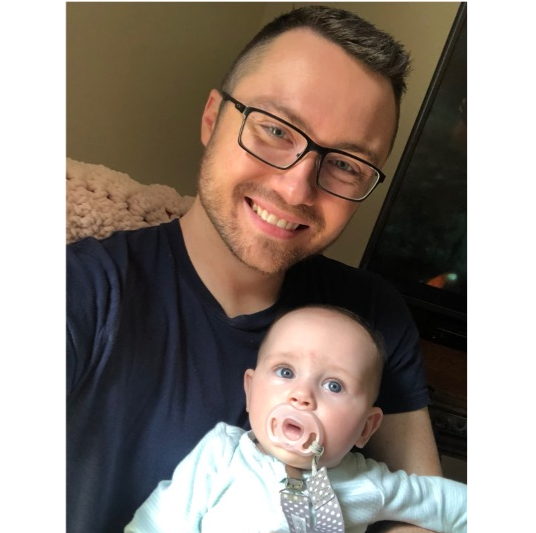 |
Steve Palmieri, Ph.D. Year graduated: 2020 Job Title & Description: I just finished my postdoctoral fellowship at the University of Illinois Chicago Counseling Center and am staying on at UIC as the Assistant Director for Outreach. In this role, I coordinate all of the Center’s outreach and consultation services, facilitate the outreach and consultation seminar for interns and externs, and supervise the intern outreach rotation, in addition to providing individual, relationship, and group therapy, individual supervision, and crisis intervention services. Taken from UA: Something I’ve taken from UA that’s been important to my professional development is the need to go beyond the traditional individual therapy model to identify and address systemic issues that affect mental health in marginalized and underserved populations. |
|
|
Stephanie Dykema, Ph.D. Year graduated: 2017 Job Title & Description: Licensed Clinical Psychologist and Director of Clinical Training at Chicago Counseling Collective, P.C. I am a licensed psychologist at a group private practice in Chicago, IL. I provide individual, couples, and group therapy as well as supervision to pre-licensed therapists and postdoctoral fellows. As Director of Clinical Training I oversee the development and implementation of our postdoctoral fellowship program. Taken from the UA: The Counseling Psychology program taught me how to utilize supervision so that I can pursue life-long learning. Learning how to use supervision effectively taught me how to ask questions to get my needs met, how to give and receive feedback, and how to discern between 'my stuff', the client's 'stuff', someone else's 'stuff', and the 'stuff' of society/oppression/power/privilege.
|
|
|
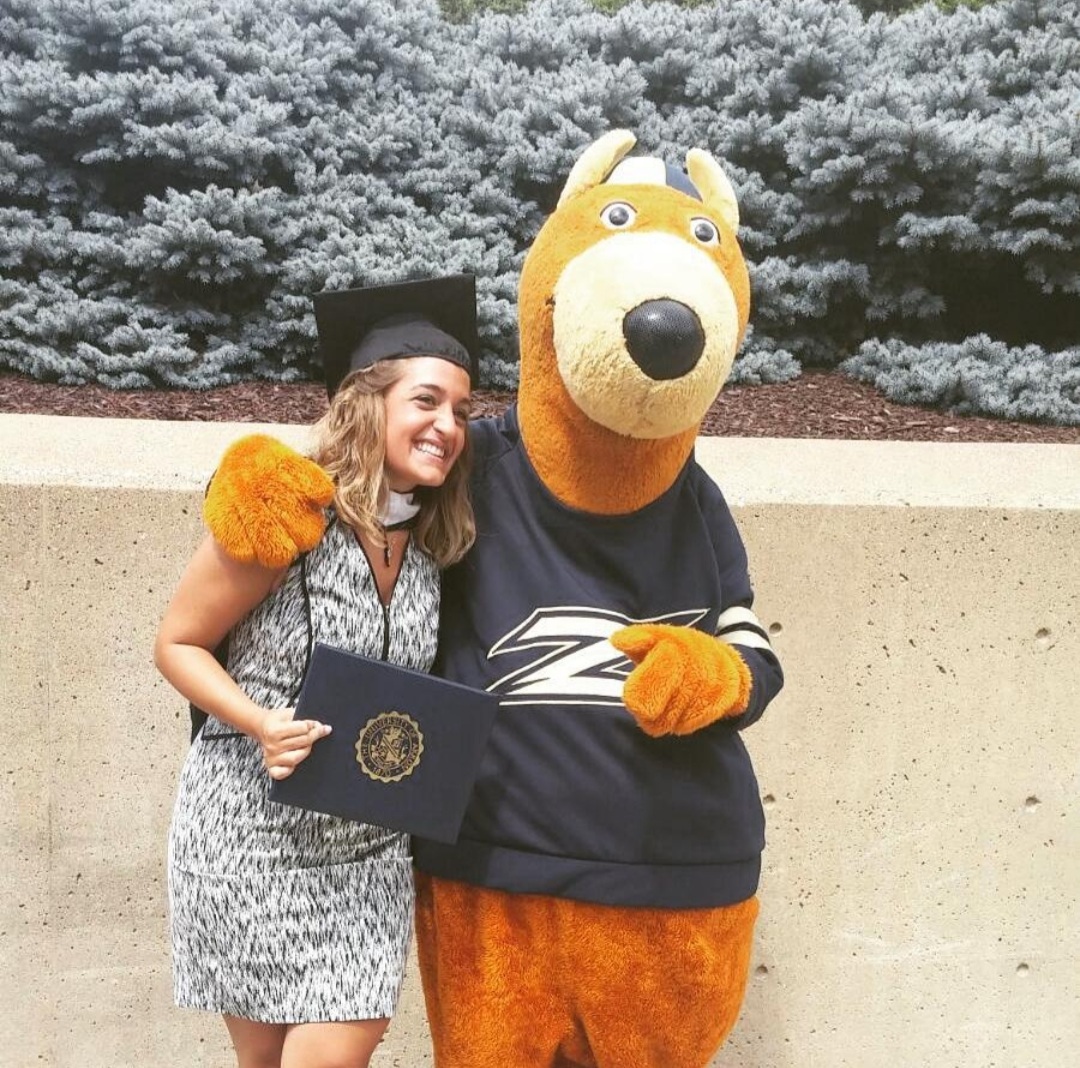 |
Laura Pappa Year Graduated: 2019 Job Title: Director of Behavioral Health Education for Northwestern University Family Medicine Residency Description: (1) Advise and assist the Residency Director in matters of behavioral medicine and wellness as they relate to residency education; (2) Provide primary care psychology services to patients; (3) Develop, implement, coordinate, and evaluate all aspects of the Behavioral Medicine and Wellness programs of the Northwestern Family Medicine Residency; (4) Organize and manage the Resident Behavior Health Block Rotation. Taken from UA: I am most grateful to U of Akron for helping me develop and strengthen my identity as a social justice advocate. To this day, every time I struggle to find my inner voice and stand for my beliefs in the positions I have held since graduating, I think back to my time at U of A. The program supports its students in their professional identity development by helping them find their path in whatever way that meets their needs. Whether at town hall meetings, positions of leadership through CPGSO or Diversity Dialogues, or through other program activities and individual supervision, all students have a space to grow, speak their truth, and foster identity development. Thanks to the University of Akron, wherever I go, I try to create these growth-promoting spaces for others because I learned that we cannot create good clinicians and social justice warriors without providing them. Advice for incoming and/or current students: Once the "walls come down" and we are able to show our real selves, the work to becoming a psychologist truly begins. The problem is that doing this takes vulnerability and emotional work. I would encourage current students to connect with others in the program and let at least one or two people see their real selves. These genuine connections can make a big difference in one's experience.
|
|
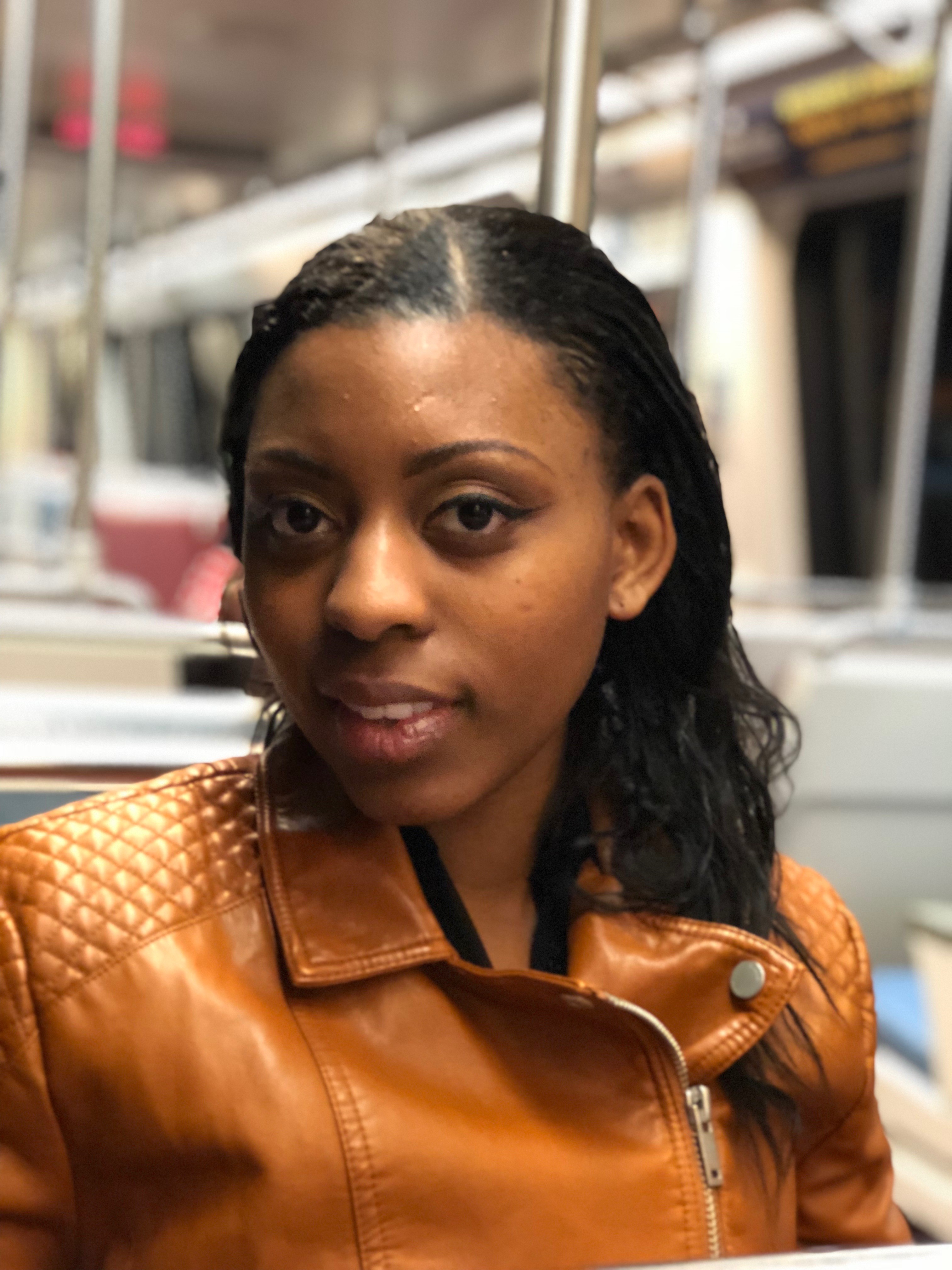 |
Ashlee Davis, Ph.D. Year graduated: 2018 Job Title & Description: Supervising Psychologist and Coordinator for Diversity, Inclusion and Social Justice Initiatives at Fordham University *Counseling and Psychological Services. I’m also in private practice part-time and primarily serve women of color across a number of presenting concerns. Taken from UA: There are a number of things that I have taken from the University of Akron that have been important in my professional development. If I were to highlight a few of the main elements I would say that my training prepared me to pass the EPPP and made me a competitive applicant for my internship and postdoctoral fellowship sites. I greatly appreciate the strong social justice commitment which enabled me to land a specialized DE&I role. Finally, the faculty have been instrumental in my professional development by facilitating mentorship themselves as well as via student mentors which was an invaluable part of my doctoral journey.
|
|
.jpg?language_id=1) |
Devon Whitehead, PhD, LP What you are doing now: Licensed Psychologist in Minnesota doing primarily DBT. Advice for students entering: It's exhausting, but take as many opportunities as you can that are offered to you! The more experiences you can have, the better prepared you are. And don't lose touch with people who can help you reach your goals. |
|
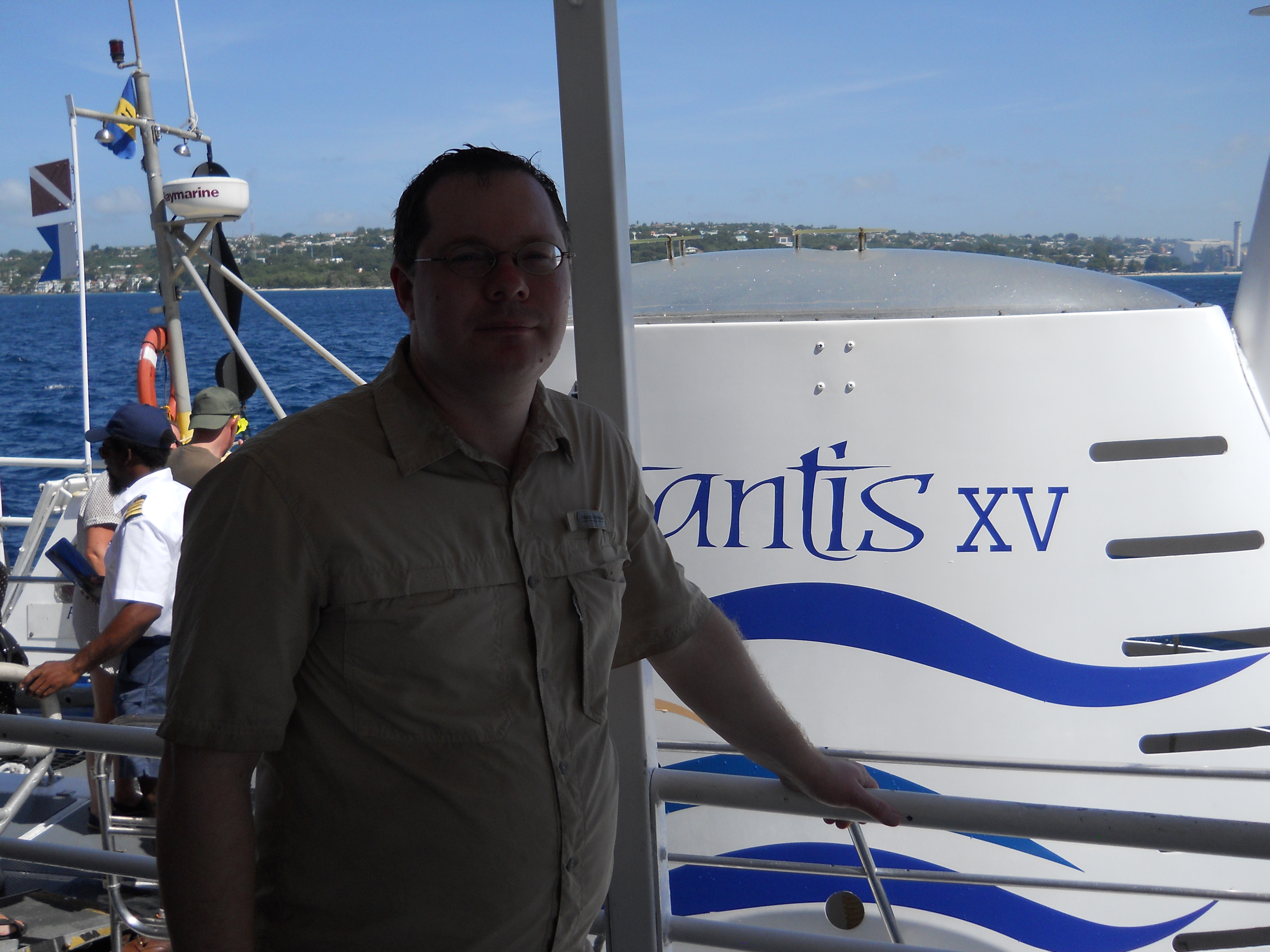 |
David J. Wimer, Ph.D. What you are doing now: I'm an associate teaching professor (non tenure track, with more of a focus on teaching than research) at Penn State University in University Park, PA (the main campus). I've been teaching here for almost ten years. I teach Abnormal Psychology, Theories of Personality, The Psychology of Adjustment & Social Relationships, and Psychology as a Science & Profession (which has a career counseling component). I also design and teach on-line courses for the Penn State World Campus. I'm currently designing a senior seminar on The Psychology of Men & Masculinities, based on the research I did and studied with my dissertation chair Dr. Ron Levant. A few years ago I won an Outstanding Teacher award from the Penn State College of Liberal Arts. For 8 years I worked as a part time therapist at the Penn State university counseling center (CAPS) but now I work part time (one day a week) in community mental health primarily with children and adolescents who have oppositional defiant disorder and other related concerns. It's very stressful but interesting and rewarding, and much more of a challenge than working with college students. Advice to students entering the program: U. Akron is probably different now than when I went there in the mid 2000s, but I remember it being a great place with great faculty. When I look back I really do think I made the right choice and that U Akron was a good fit for me. I would say to maximize your opportunities when you're in graduate school because it's much harder to get hands on training in things like clinical interventions and assessment after grad school is over. I frequently miss the support network that I had in grad school because now that I'm licensed I'm really on my own. When people ask me if I have regrets about grad school the #1 thing I tell them is that I took out and spent too much student loan money, and now I'm drowning in debt. I'm not very good with money and I wish I was more frugal in graduate school. |
|
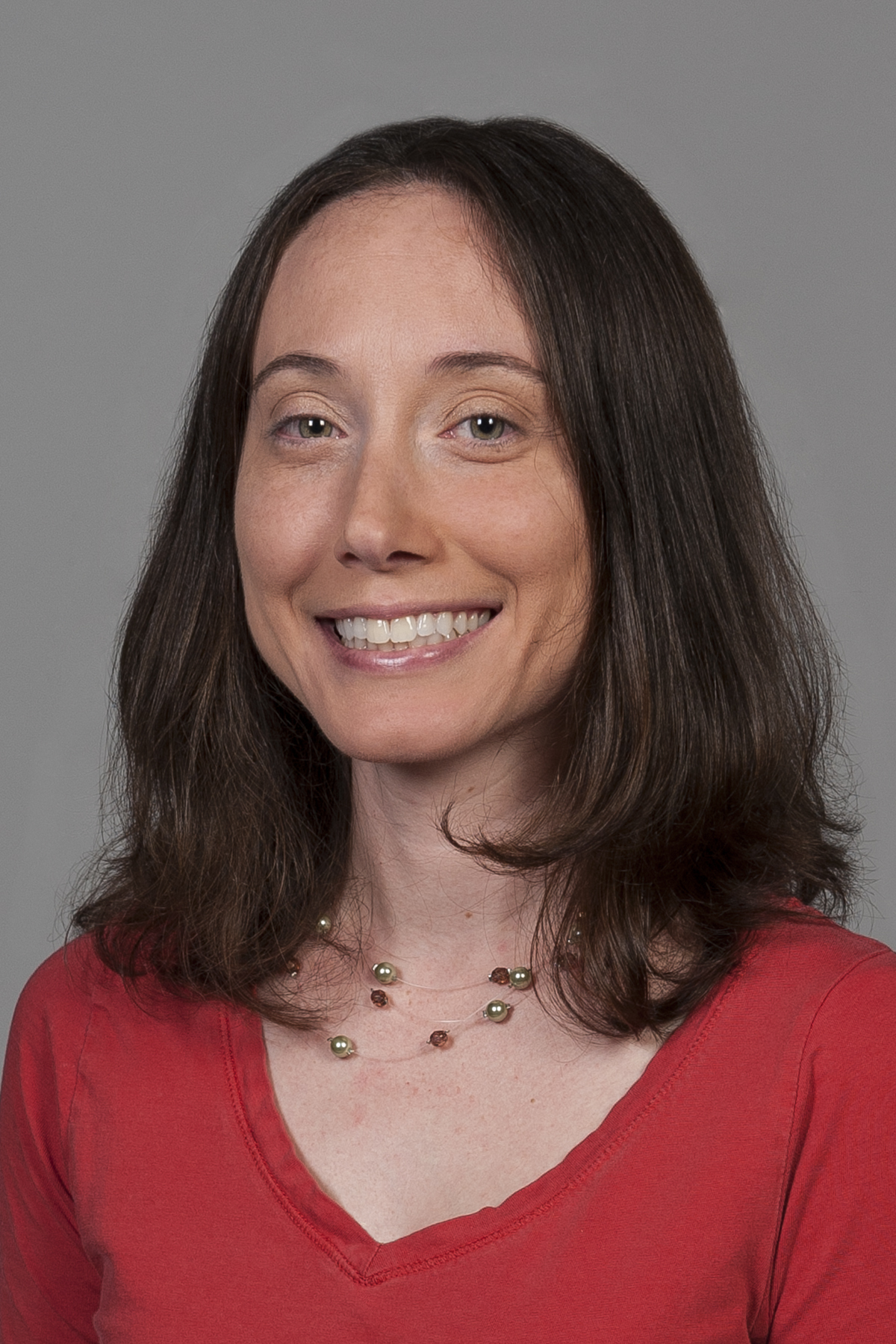 |
Christina Rowan, Ph.D., ABPP |
|
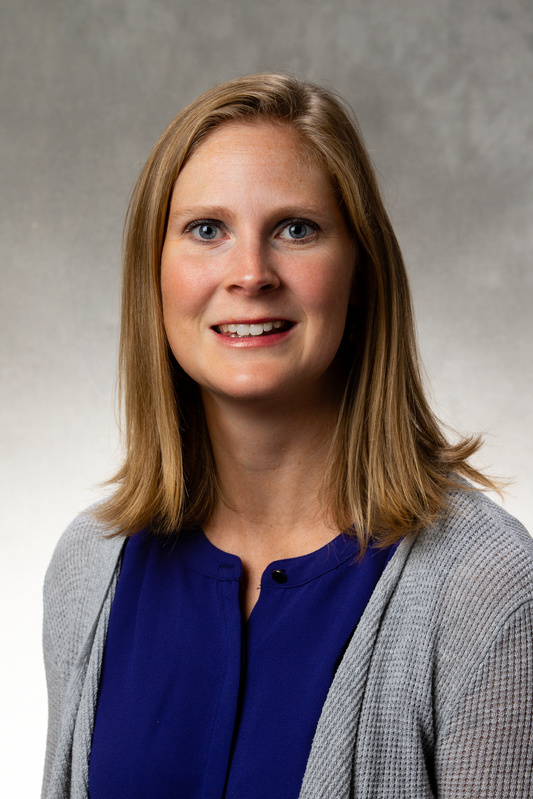 |
Jennifer L. Wilson, Ph.D., LP What you are doing now: I am a Psychologist at a College Counseling Center More specifically, I work at The University of St Thomas Counseling and Psychological Services in Minnesota. I am the groups coordinator and supervisor for our doctoral internship program. Advice to students entering the program: I would have is to keep your options open and pursue things/training that gives you energy. |
|
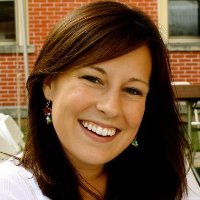 |
Stephanie Drcar |
|
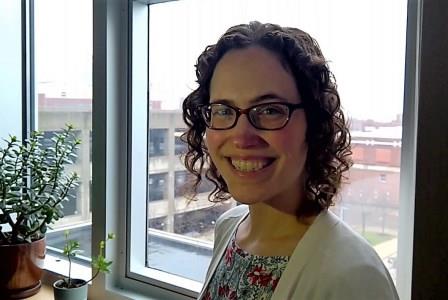 |
Sara Rieder Bennett, Ph.D. What you are doing now: Licensed Psychologist, Assistant Director of Testing, Counseling & Testing Center, The University of Akron Advice to students entering the program: Be intentional about balancing work and life, self-care, and developing supports both in and out of the program. |
|
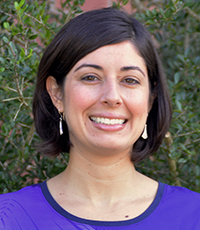 |
Amanda Lawson-Ross What you are doing now: I'm a Clinical Assistant Professor at the Counseling and Wellness Center at the University of Florida. I do individual, couples and group counseling, supervise and teach graduate students, do crisis intervention and do outreach among other things. My clinical interests are eating disorders and couples counseling with an emphasis on LGBTQ+ and other minority groups. Advice to students entering the program: Remember that it's a long process so you want to work hard and also take care of yourself. Keep your eye on your goals and steadily work toward them. I treated graduate school like an 8-5 job and did not have to pull all nighters in order to be successful. |
|
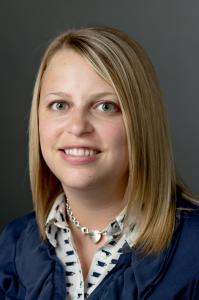 |
Megan Yetzer-Bettonville |
|
 |
Heather Sperry PhD, HSPP Pronouns: she/her Year Graduated: 2016 Job Title & Description: I serve as the LGBTQ+ Program Manager at Veteran Health Indiana. In this role I oversee all LGBTQ+ programming at our VA Medical Center and affiliated Community Based Outpatient Clinics, provide advocacy and care coordination for LGBTQ+ Veterans, host outreach events, and provide staff and community trainings on caring for the LGBTQ+ Veteran population. I'm also the Director of Clinical Implementation for the PRIDE In All Who Served Program within the Veterans Health Administration. I also am a member of the Internship Training Committee and work with psychology trainees. Taken from Akron: Integrating intersectionality and cultural humility in all areas of my life, professional and personal. Advice for incoming and/or current students: Find your community within the field. We do better work when we consult, collaborate, and learn from one another. |
|
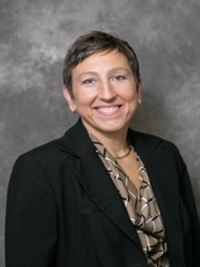 |
Jill Hendrickson I graduated in 2010. I currently am the Director of Behavioral Health for an integrated Medical, Dental, and Behavioral Health Center. CAA Health, Behavioral Health and Dental Center. My advice would be to enjoy it. It is easy to get overwhelmed with all the work, assignments, dissertation, etc. but it is important to find balance and enjoy the privileged of this level of education. |
|
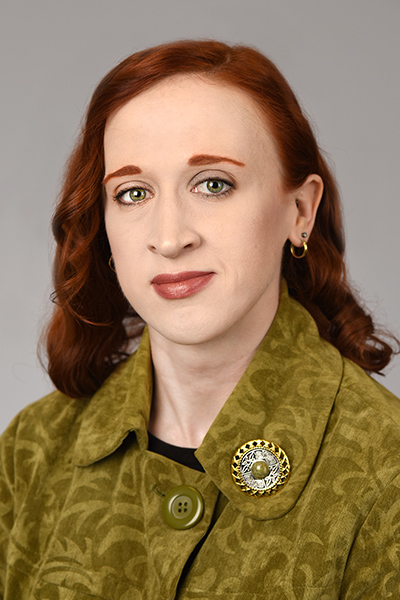 |
Stephanie J. Cunningham, Ph.D., HSPP Year Graduated: 2012 Job Title & Description: Psychologist for the Department of Mental Health Services at the Indiana University School of Medicine Advice for incoming and/or current students: I know that it's extremely hard to work on dissertation stuff in the midst of all of the other obligations of the program, but do whatever you can to prioritize getting that done. If there is anything I wish I could have done differently about my time in the program, it would have been to not wait until I was ABD to work on my dissertation. You will have an infinitely easier time finding jobs if you are done (or very nearly done) with your dissertation by the time you're wrapping up internship. |
|
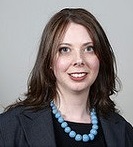 |
Christine Williams, PhD What you are doing now: I'm the associate director of Salem State University's counseling center, overseeing the doctoral training program and daily clinical services. I also have a small private practice and consult on the side. Advice to students entering the program: Take advantage of every minute of your education and training which relates to developing cultural humility and working with those who are different from you. As part of that, and your general professional development, take time to explore your own values and what this work means to you. And remember that you will develop competence in counseling - it just doesn't feel like it at first! |
|
 |
Tim Rogers What are you doing now: I currently serve in two roles. I work as a licensed psychologist for the Center for Deployment Psychology that focuses on disseminating evidence based practices to provide the best quality of care for veterans, service members, and their families. As a CDP employee, I also serve as the Associate Program Director for the United States Air Force Clinical Psychology Internship program at Wilford Hall Ambulatory Surgical Center, Joint Base San Antonio Lackland. As such, I am responsible for ensuring our training program meets all accreditation requirements and prepare interns to serve as a active duty military psychologists. Advice to students entering the program: I would encourage you to check out the Archives of the History of American Psychology. It is such a tremendous resource to have in Akron. It routinely draws distinguished guests from our field, sponsors great educational forums, and gave me a greater appreciation for the historical roots of contemporary thought and approaches to problems facing society today. |
|
 |
Colleen Maguire Jackson, Ph.D., HSPP What you are doing now: Assistant Director for Training, Counseling and Psychological Services, Purdue University Advice to students entering the program: Try to gain varied experiences within different practicum settings prior to internship. Prioritize gaining training experiences which stretch you, particularly culturally. Actively seek models for self-care, and develop a consistent self-care practice now. |
|

